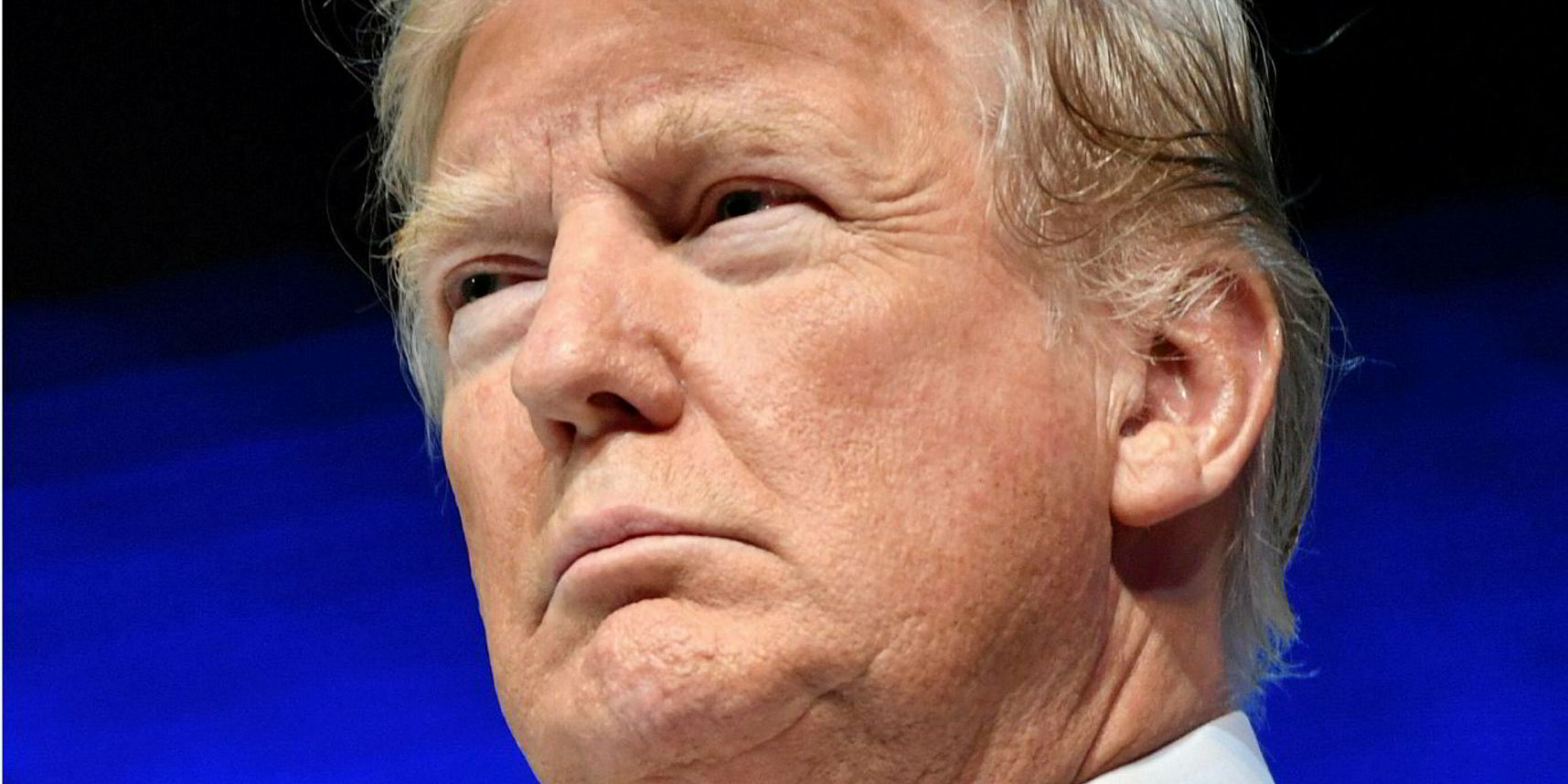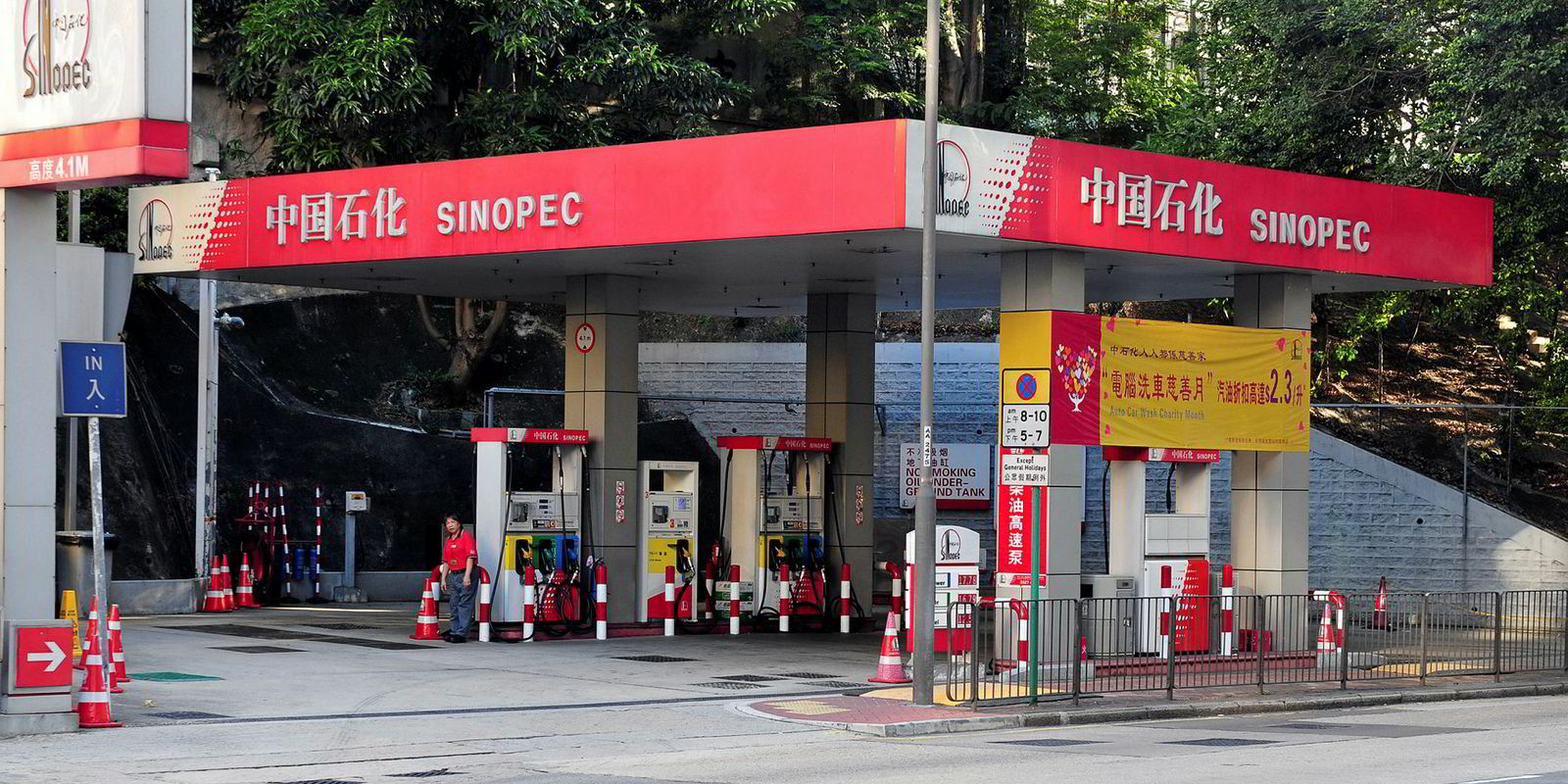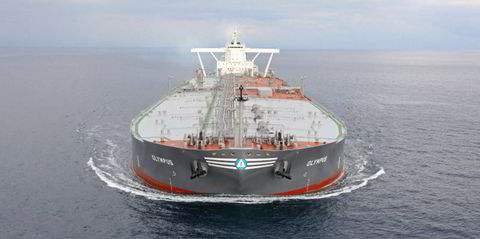West of England, the largest protection and indemnity insurer of Iranian tonnage, has withdrawn cover from its Iranian members.
The decision was taken on 7 August following the start of a 90-day phase-in period for US secondary sanctions on Iran.
The mutual insurer, which included National Iranian Tanker Co (NITC) and Islamic Republic of Iran Shipping Lines among its members, joins fellow International Group clubs in biting the bullet in the face of potentially catastrophic financial penalties from the US if they break the sanctions.
West of England took on the Iranian tonnage after February’s renewal, but that tonnage is now likely to move to Iran’s Kish P&I.
The West of England move is in line with Skuld, another major mutual P&I insurer of Iranian ships. Chief executive Stale Hansen announced two weeks ago that Skuld had been forced to wind down its relationship with Iranian shipowners as a result of the US action.
The Swedish Club is also understood to have some Iranian tonnage on its books and to have followed suit. But it said only that it was “acting according to IG [International Group] directions”.
The pressure on shipowners and their insurers has been growing since the start of the 90-day phase-in window for the resumption of US secondary sanctions, which will apply to the transport of oil cargoes by 4 November.
However, the withdrawal of cover for Iranian-controlled tonnage does not spell the end of the problem for the 13 International Group members. There are still the issues of outstanding claims related to Iranian ships and even non-Iranian members involved in trades linked to the country.
One looming problem is over the payout on claims linked to the January 2018 loss of the NITC-controlled, 164,000-dwt Sanchi (built 2008) and its 32 crew members. The tanker was entered into Steamship Mutual, but the scale of the claims, which are still mounting, is sure to make it not only an International Group pool claim but also potentially a reinsurance claim.
Question mark
A substantial question mark will hang over the International Group’s reinsurers and their banks’ willingness to pay out remaining claims involving the Sanchi. The Iranian problem is also likely to become an issue for the group at next year’s reinsurance renewal.
Skuld, which was the lead insurer of the Sanchi’s hull and machinery cover, has, along with its co-insurers, already paid out and should have no further concerns about falling under the scope of American sanctions, as the accident predated US President Donald Trump’s announcement of his intention to re-apply sanctions.
As shipowners’ worries grow, the International Group has issued an up-to-date explanation of sanctions and insurance cover.
It highlighted potential pitfalls for owners and operators, including the European Commission’s so-called blocking regulation. Under this regulation, European Union-incorporated shipowners could be liable for civil action if, in complying with US measures, they cause financial damage to another EU-registered entity.
The International Group also pointed to potential problems it would have in putting up security related to claims from Iranian ports. It said there is uncertainty over the position of shipowners committed to call at Iranian ports in contracts negotiated before and after 8 May, when Trump announced the US withdrawal from the Joint Comprehensive Plan of Action that had eased international sanctions on Tehran imposed because of its nuclear programme.
“Due to the uncertainty surrounding the application of the reimposed secondary sanctions against Iranian ports, caution should be exercised in respect of all calls at Iranian ports, especially if they are made under post-8 May contracts and under all transactions after November 4, 2018,” the International Group said.
“Due diligence should be exercised to ensure that neither the cargoes carried nor the parties involved in the transactions offend US sanctions. However, we emphasise that there is at this point no clear guidance from the US authorities on the issue of routine transactions with Iranian port operators.”






